Mr. T. was hospitalized at a medical facility near his home with a diagnosis of intestinal infection and treated for about a week. After being discharged, Mr. T. continued to have dull abdominal pain and poor appetite, so he was admitted to the Emergency Department of Gia Dinh People's Hospital. Doctors were surprised to discover that the patient had an abscess in the head of the pancreas along with a foreign object suspected to be a fish bone.
On October 25, specialist doctor Chung Hoang Phuong (Digestive Surgery Department, Gia Dinh People's Hospital) said that when admitted to the hospital, the patient had a fever of over 38 degrees Celsius, pulse of 100 beats/minute, blood pressure of 110/70 mmHg, and persistent dull pain in the epigastric region. Through medical history, it was found that the patient started having these symptoms after eating fish but showed no signs of a bone stuck in his stomach, so the doctor ordered an abdominal ultrasound and a contrast-enhanced CT scan to look for foreign objects in the abdomen.
The results showed that the patient had an abscess in the head of the pancreas along with a radiopaque foreign body suspected to be a fish bone. The patient was transferred to the Department of Gastroenterology for treatment. Here, the doctors consulted and decided to perform endoscopic surgery to treat the pancreatic abscess and remove the foreign body, preventing the abscess from spreading and causing a more severe infection.
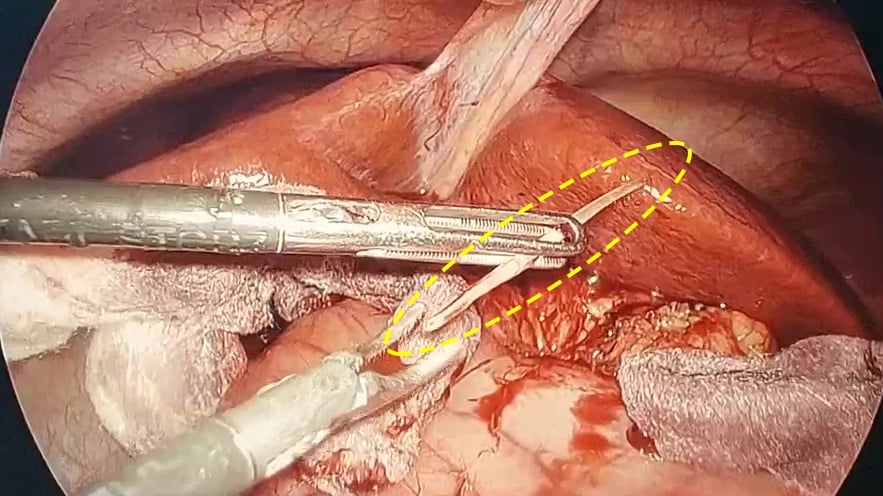
Image of fish bone causing abscess in pancreas
Doctor Phuong said that when performing surgery on the abdominal cavity in the lower left liver area, the doctors discovered the tip of a fish bone protruding, so they removed the fish bone. Then they opened the area behind the stomach, the upper edge of the pancreas had a large, pulsating abscess measuring 8x5cm, using a drainage tube to puncture the mass and withdraw 20ml of thick brown pus mixed with necrotic tissue.
After more than 1 hour of surgery, the team effectively drained the abscess and removed a 3cm fish bone from the abdomen. On the 5th day after surgery, the patient continued to have 150ml of fluid drained from the abscess. Currently, the patient is stable, has no fever, no abdominal pain, can eat and drink on his own, continues to be monitored and treated at the Hepatobiliary Pancreatic Unit and is expected to be discharged in the next few days.
According to Dr. Phuong, normally foreign objects in the digestive tract such as fish bones, toothpicks... will cause tears, perforations, inflammation in the abdominal area (stomach, colon, small intestine...), rarely going deep into the pancreas. Pancreatic abscess due to swallowing fish bones or other foreign objects is a rare, serious and potentially life-threatening condition.
"When a foreign object, in this case a fish bone, has penetrated the digestive tract and reached the pancreas, it can lead to pancreatitis, causing damage, infection and abscess formation. If not treated promptly, the infection can spread to surrounding tissues and organs, leading to serious complications," Dr. Phuong shared.
Therefore, doctors recommend that when eating, you need to be careful to chew slowly and thoroughly, especially for the elderly who have lost teeth and young children. In case of suspected choking on bones or other foreign objects, you need to go to a specialized medical facility for examination. Timely diagnosis and treatment are very important to prevent the spread of infection and the development of potentially life-threatening complications, such as sepsis or multiple organ failure.
Source link



![[Photo] Party and State leaders attend the special art program "You are Ho Chi Minh"](https://vphoto.vietnam.vn/thumb/1200x675/vietnam/resource/IMAGE/2025/5/18/6895913f94fd4c51aa4564ab14c3f250)

![[Photo] Many young people patiently lined up under the hot sun to receive a special supplement from Nhan Dan Newspaper.](https://vphoto.vietnam.vn/thumb/1200x675/vietnam/resource/IMAGE/2025/5/18/6f19d322f9364f0ebb6fbfe9377842d3)

![[Photo] Ready for the top competitions of Vietnamese table tennis](https://vphoto.vietnam.vn/thumb/1200x675/vietnam/resource/IMAGE/2025/5/18/9c547c497c5a4ade8f98c8e7d44f5a41)
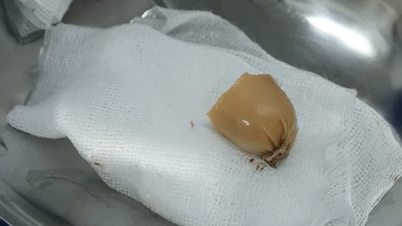

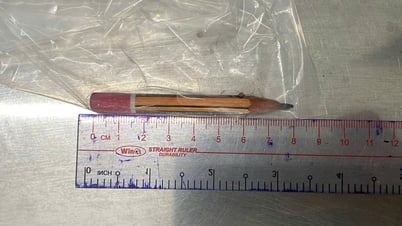

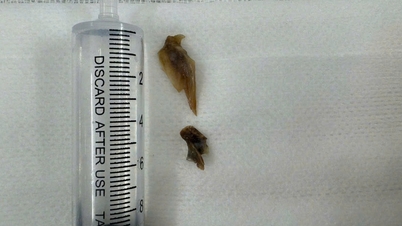
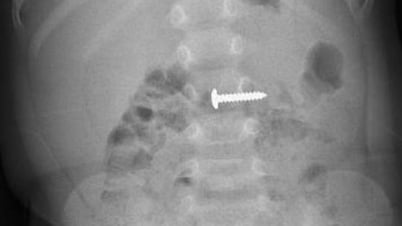

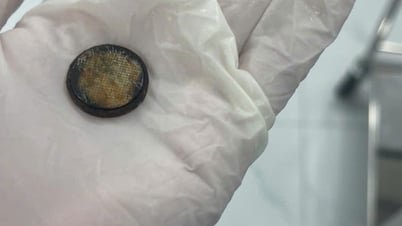


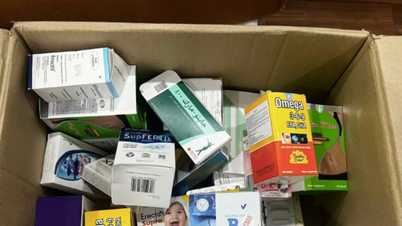
















































































Comment (0)